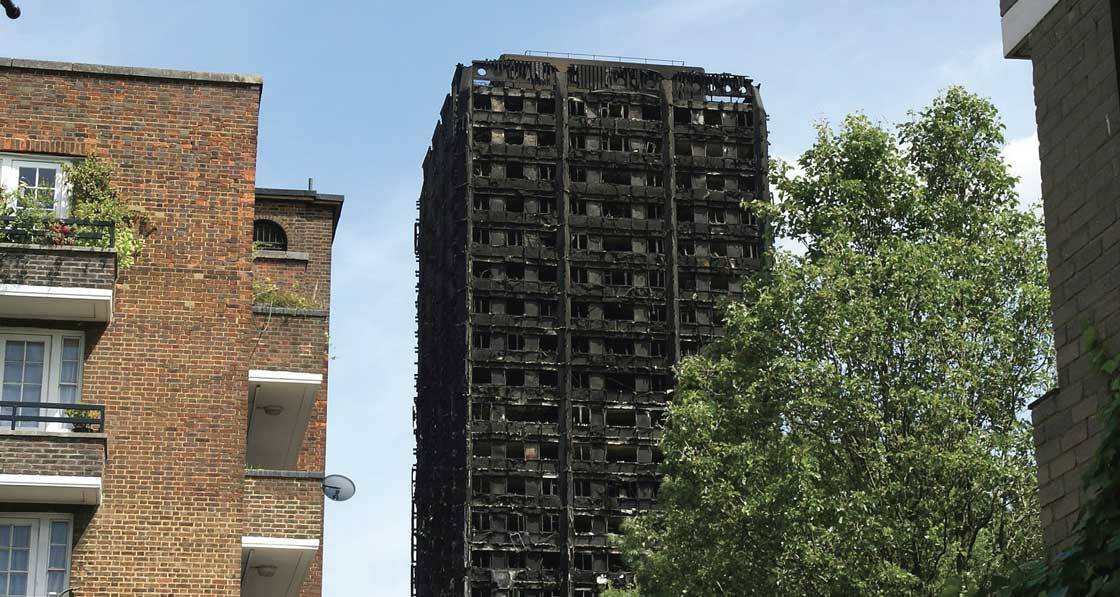
- Government
- Posted
New authority to oversee safety in high rise apartment blocks
It is being suggested that the creation of a Joint Competent Authority – as called for by Dame Judith Hackitt in her review of the building regulatory system, after the Grenfell tragedy – is due to be announced by the UK Ministry of Housing very soon. And a new industry initiative is calling for Dame Judith’s recommendations to be implemented in full.
This article was originally published in issue 28 of Passive House Plus magazine. Want immediate access to all back issues and exclusive extra content? Click here to subscribe for as little as €10, or click here to receive the next issue free of charge
In all, Dame Judith’s report contained 53 recommendations, and she warned at the time that the industry should not be allowed to pick and choose which to implement, because there should be no compromises with people’s safety ever again.
According to a report in Building magazine, Secretary of State James Brokenshire will be unveiling an implementation plan — including details of the new Joint Competent Authority to oversee management of safety risks in high-rise residential buildings across their entire lifecycle — before Christmas.
An industry initiative entitled 100% Hackitt was launched in October by the Local Authority Building Control (LABC) and the British Board of Agrément (BBA) to encourage the government to deliver all of the recommendations contained within Dame Judith’s report.
According to Inside Housing, at the launch event BBA chief executive Claire Curtis-Thomas suggested that poor procurement practices were to blame for the serious problems with external insulation on buildings.
At the same event, Lorna Stimpson, deputy managing director of the LABC, launched a fierce attack on the deregulation of development control. Calling for a radical overhaul of the regulatory system to return power to building inspectors, Stimpson described the experience of one local authority building control service that had been invited to tender on a complex multi-use £60 million development for which the client had specified that they wanted to procure just 10 inspections for the whole job. “My colleague told them to go away – or words to that effect.”
Stimpson reported that the LABC had surveyed public service building control services to ask why local authorities do not often prosecute developers for failing to meet the regulations. She said respondents told the LABC that even when a prosecution is successful, the fines levied are less than the profit that developers make, and the local authority only get court costs back, “not the thousands of pounds it costs to bring cases to court”.
“Offennders leave the magistrates court smiling. They keep the profit and can easily start again under a different name. Even worse than that, we know that they will avoid using local authority building control ever again, they’ll turn to the private sector. We’ll never see their work again, because they know we can prosecute them.”







